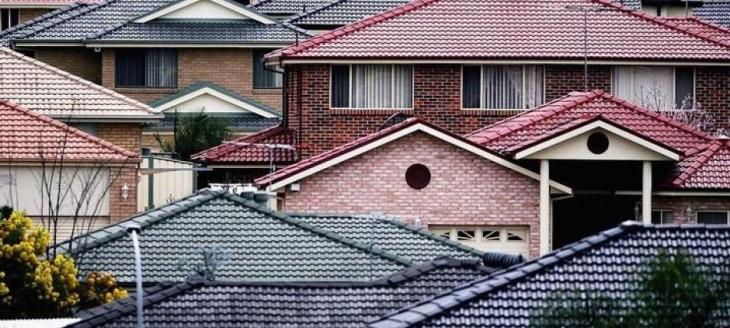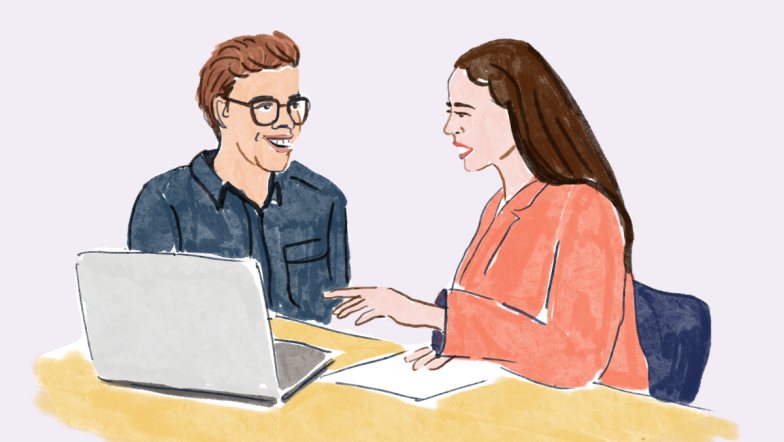Housing should be a human right
16 Mar 2021
Federal Labor MP Josh Burns recently released a paper ‘The Crumbling Australian Dream’ that urged the Australian Government to treat housing as a human right. Whilst housing is enshrined as a universal right internationally, Australia’s domestic laws do not currently recognise the right to housing. Here’s why we think housing should be a human right, and what we’re doing to achieve it.
Is housing a human right in Australia?
There are a number of International treaties to which Australia is a signatory that enshrine the right to adequate housing. The right to adequate housing is enshrined in article 11 of the International Covenant on Economic, Social and Cultural Rights. Article 17 of the International Covenant on Civil and Political Rights also enshrines the right to freedom from arbitrary or unlawful interference with privacy, family, home and correspondence.
However, Australia has not embedded these into our domestic law, despite our international commitments. This means that many people in Australia don’t have access to affordable, secure housing and are often evicted into homelessness because our laws don’t protect them.
Nearly 14 years ago, the United Nations condemned Australia for failing to implement the human right to adequate housing.
Australia does not have a national charter of rights. This is unlike many other democratic countries. For many years, we’ve been part of a campaign urging the Government to create an Australian Charter of Human Rights & Freedoms, which would help people understand and enforce their rights, including when it comes to housing.
More recently, the Parliamentary Inquiry into Homelessness in Victoria, which endorsed many of Justice Connect’s recommendations, suggested that the Victorian Government should include the right to housing in the Victorian Charter of Human Rights and Responsibilities Act 2006 (Vic).
Is housing a human right in other parts of the world?
Both France and Scotland have established a legal right to housing and, in Britain, local authorities are responsible for ensuring no person is evicted unless they have secured alternative accommodation. In Finland, their constitution obliges public authorities to promote the right to housing, and Finland is now the only European country where the number of people experiencing homelessness has declined so much that there are almost no rough sleepers.
How many people does homelessness and insecure housing affect?
There are over 25,000 people experiencing homelessness every day in Victoria, along with over 82,000 Victorians on the public and community housing waiting list, including more than 24,000 children.
Even before COVID-19, one third of households in the private rental market identified as experiencing housing stress, with 66% of low-income households in the private rental market spending more than 30% of their income on rent, and 24% of households spending more than 50%.
What is Justice Connect doing about the homelessness crisis?
We have long advocated for a human rights-centred housing policy that recognises adequate housing as a fundamental right. We take a housing-first approach. This means that when a person can access safe, secure housing with supports, they have the highest chance of improving other areas of their life.
That’s because the experience of homelessness also threatens other internationally recognised human rights, like the right to privacy, health, education, public participation, liberty, security, freedom from inhuman and degrading treatment and access to justice.
From 20 years of frontline work through our Homeless Law program, we see three key areas where a focus on human rights could inform better outcomes:
- Enshrine the right to housing: The right to adequate housing needs to be enshrined in Australia’s domestic laws, both through the introduction of a national Charter of Rights, and in the Victorian Charter of Human Rights and Responsibilities Act 2006 (Vic).
- Focus on prevention of homelessness: A human rights-based approach improves security of tenure for people in social housing to ensure that evictions are an option of last resort, including by ensuring that community housing providers are bound by relevant human rights charters; and
- Increase supply of social housing: increasing the supply of public and community housing is critical to provide long-term, affordable and secure homes for Australians who are locked out of the private rental market. The Federal Government needs to develop a National Housing Strategy that includes new capital investment to generate 300,000 new social and Aboriginal housing properties.
See our work in action by reading Connie’s story, who was able to avoid eviction into homelessness and keep a roof over her children’s heads because of our strong and continued negotiations based on the Charter of Human Rights and Responsibilities Act 2006 (Vic).


